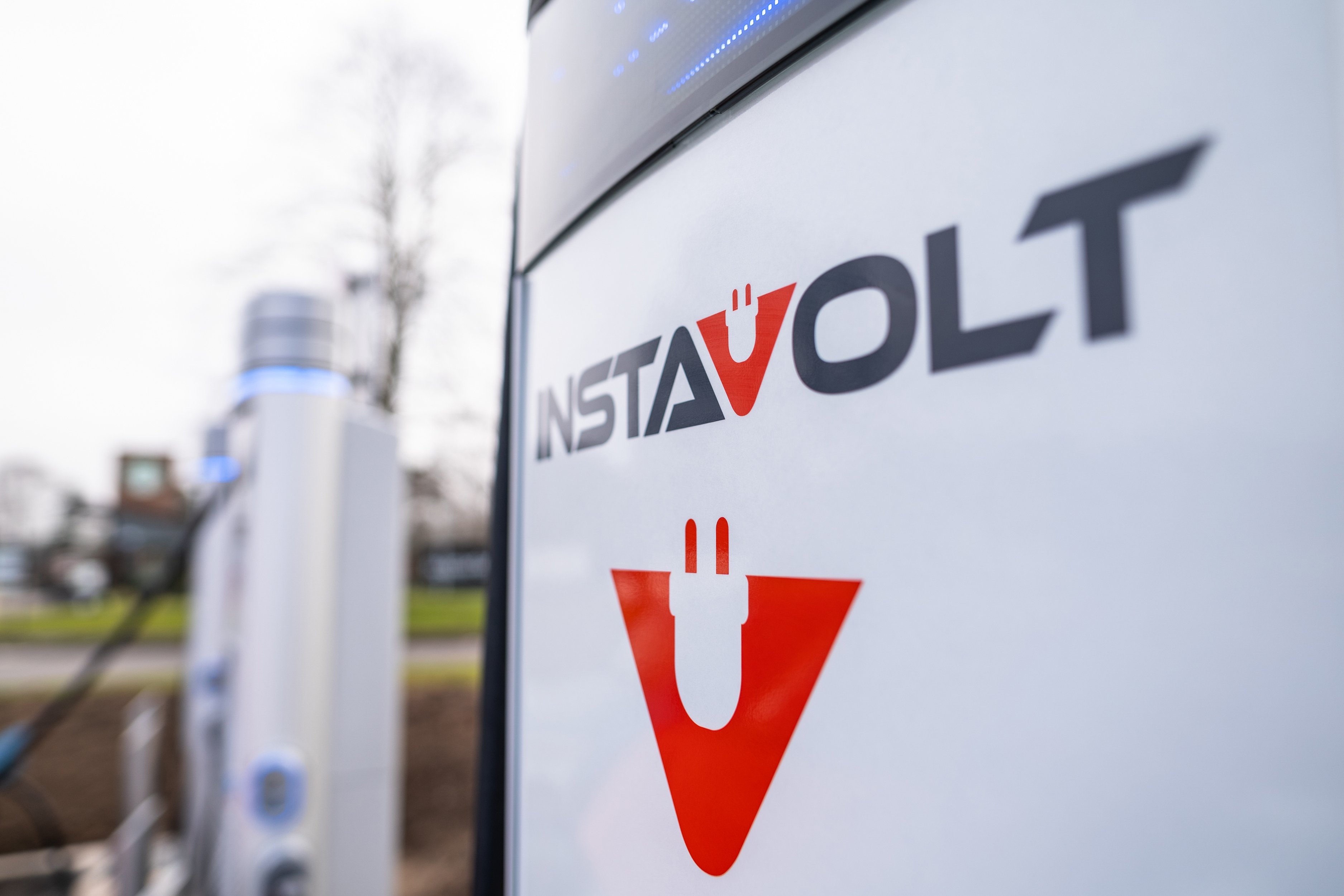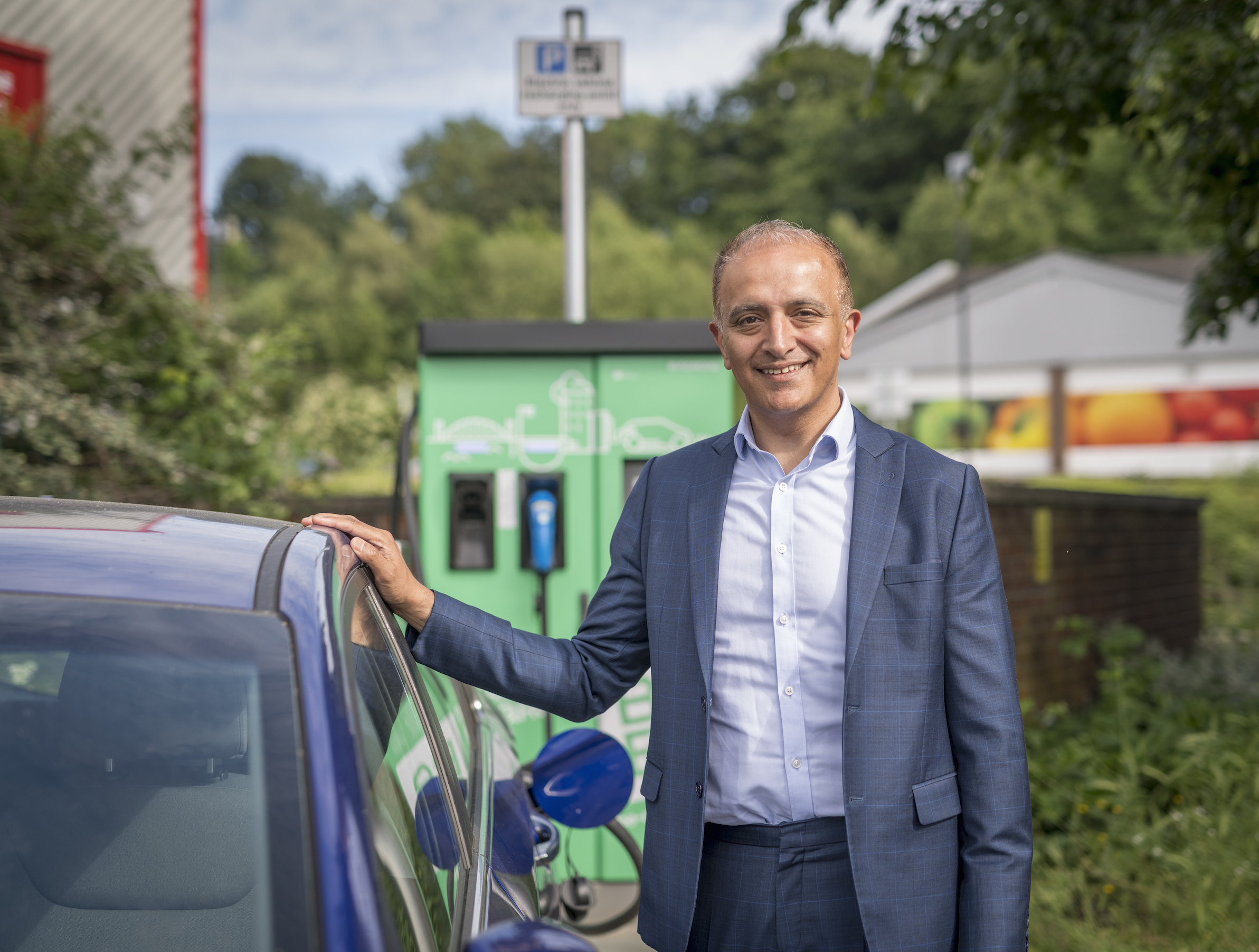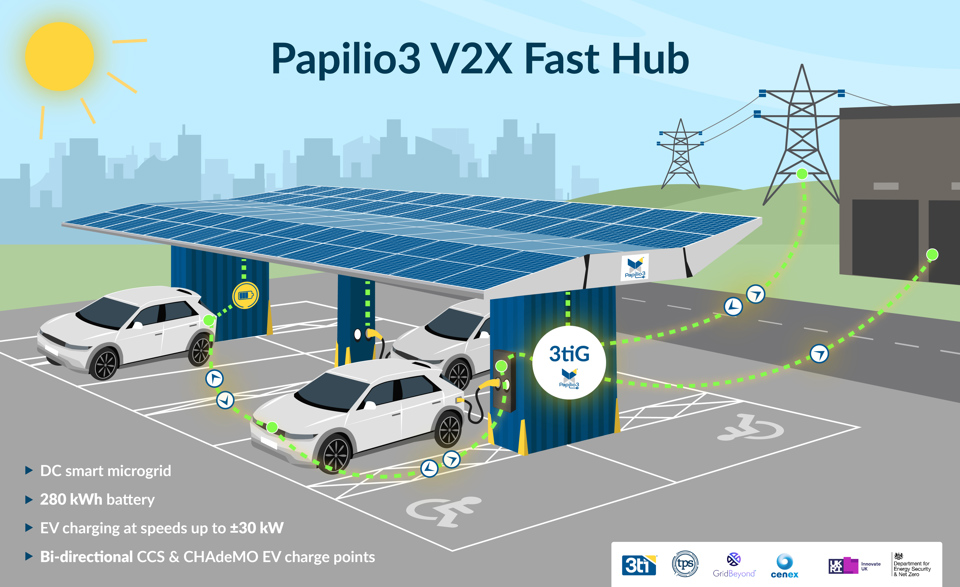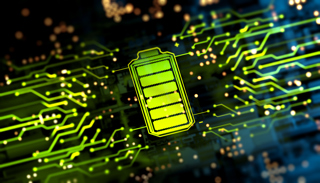Government funding awarded to prove EVs are assets to the grid
A project aims to demonstrate that electric vehicles (EVs) plugged in at workplaces, leisure destinations, fleet depots and delivery hubs can help balance peaks in electricity supply and demand.
The Government has awarded £4.8 million to four projects to develop bidirectional charging technologies, with this project receiving £1.3m to explore how electricity stored in electric EV batteries can be used to help demand on the UK's electricity grid.
A designer, installer, funder and operator of solar car parks (SCPs), 3ti is leading the project, which is being funded by the Department for Energy Security and Net Zero and delivered by Innovate UK.
It will integrate bi-directional DC charging and the associated power management systems into Papilio3, a pop-up solar car park and EV charging hub.
The 17-month 'V2X FastHub' project, which also involves EV power solutions provider Turbo Power Systems (TPS), smart energy company GridBeyond, and Cenex, will include a six-month real-world demonstration.
Mark Potter, chief technology officer at 3ti, said: "This project will prove that bi-directional EV charging can work in the real world.
“Connected EVs will be teamed together to act as virtual power and energy storage facilities, with each car releasing and replenishing its stored energy according to user preferences and grid demand. This generates income and cost savings, which can be passed on to our customers.”
Plans for new EV super hub given go-ahead

Plans for an EV ‘super hub’, which will have 44 charging bays, including drive-through bays for large vehicles and an on-site restaurant, have been approved by Winchester City Council.
InstaVolt has been given permission to install the charging hub at the Three Maids Hill site off the A34 after plans were originally recommended for refusal.
Cllr Kelsie Learney, cabinet member for climate emergency at Winchester City Council, said: “We make decisions based on what benefits the planet as a whole and this is one of them.
“Without making it easy for people we know that they’re not going to reduce their carbon footprint.”
InstaVolt CEO, Adrian Keen, added: “The right decision was made by the council, and we can now press ahead to deliver this innovative and forward-thinking plan.”
Decathlon completes deal with BeEV for network of ultra-rapid chargers

BeEV has partnered with sporting goods provider Decathlon to provide the chain with ultra-rapid EV charging at a number of stores across the country.
Decathlon’s Stockport site being first to receive a charging hub, with 16 ultra-rapid charging bays installed.
Asif Ghafoor (pictured), CEO and co-founder of BeEV, said: “Our charging hubs will offer shoppers a convenient moment to charge their car, and Decathlon is getting ahead of the curve by providing reliable, high quality charging facilities for their customers.
“As more and more people choose to drive electric vehicles, they’ll naturally gravitate to those brands that offer convenient charging whilst browsing their stores.”
Chris Allen, UK sustainability and circular economy leader at Decathlon, added: "Introducing ultra-rapid EV charging solutions at select stores in partnership with BeEV exemplifies our commitment to responsible practices that can help contribute to a better environment. Aligning with our mission to champion people and planet-positive solutions."
Stockport is the first site to begin construction, with the charging hub expected to be completed in April 2024.
Cairn Lodge Services offers hydrogen-powered EV charge points

Cairn Lodge Services on the M74 in Lanarkshire has opened six ultra-rapid chargers powered by hydrogen.
Westmorland have partnered with GeoPura to connect its hydrogen power unit (HPU) to its EV Chargers, provided by Swarco Smart Charging.
The GeoPura HPU supplements the current grid supply and provides suitable electricity for EV charging at the service station.
Nabil Subuh, CEO of Westmorland Family, said: “As EV adoption soars, the pressure on the electrical grid has become increasingly evident, leaving businesses like Westmorland to look for creative, sustainable alternatives until there is sufficient grid capacity.
“To the customer, the charging experience is no different to a grid-connected charger, and by utilising this new technology we can provide much-needed EV charging facilities sooner, meeting the growing demand without having a negative impact on the environment.”

























Login to comment
Comments
No comments have been made yet.